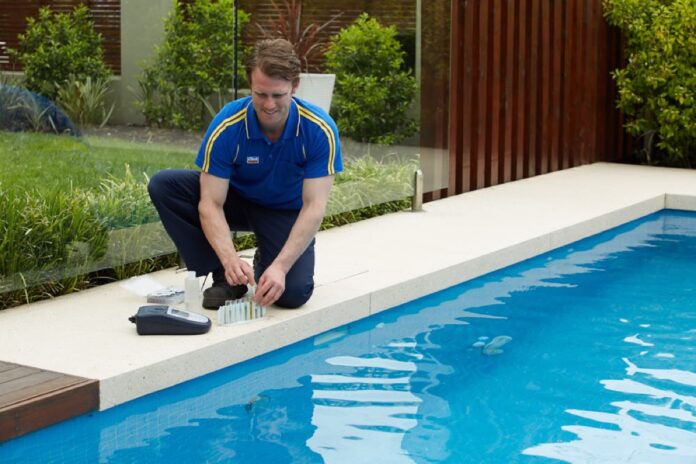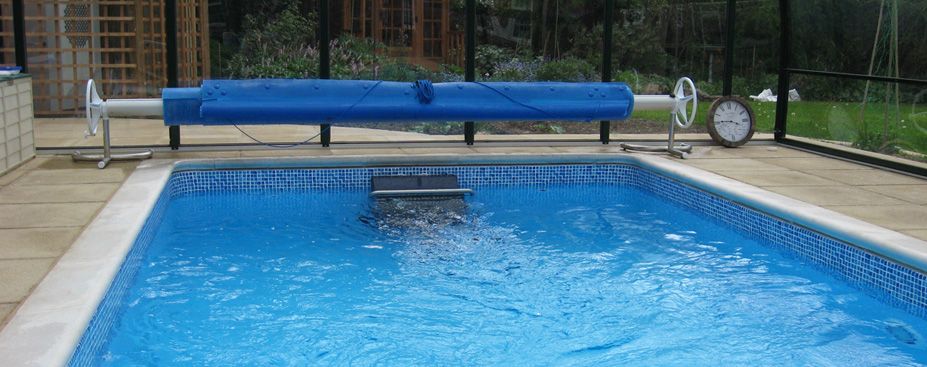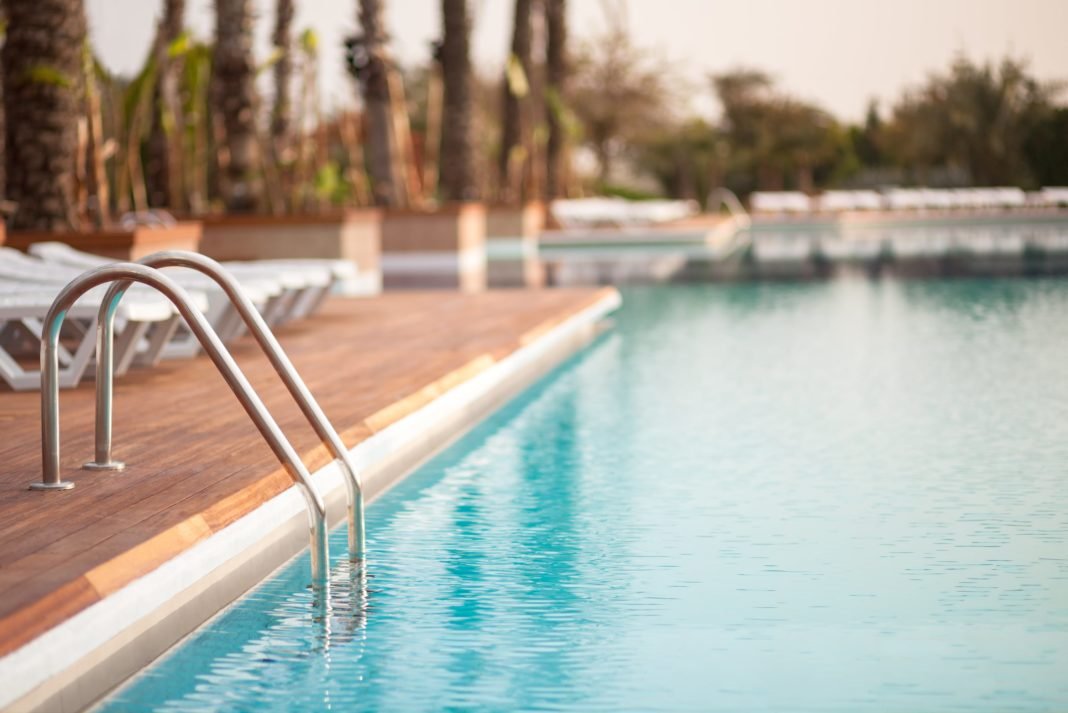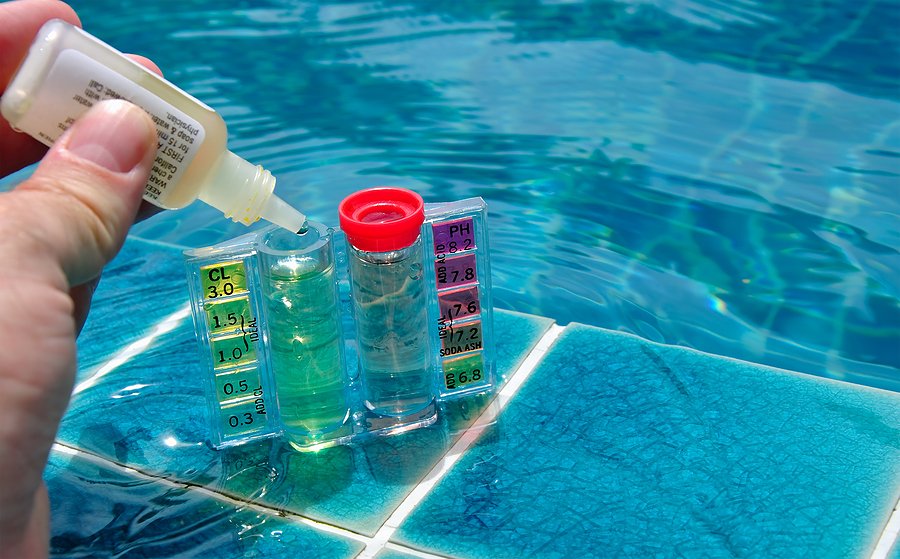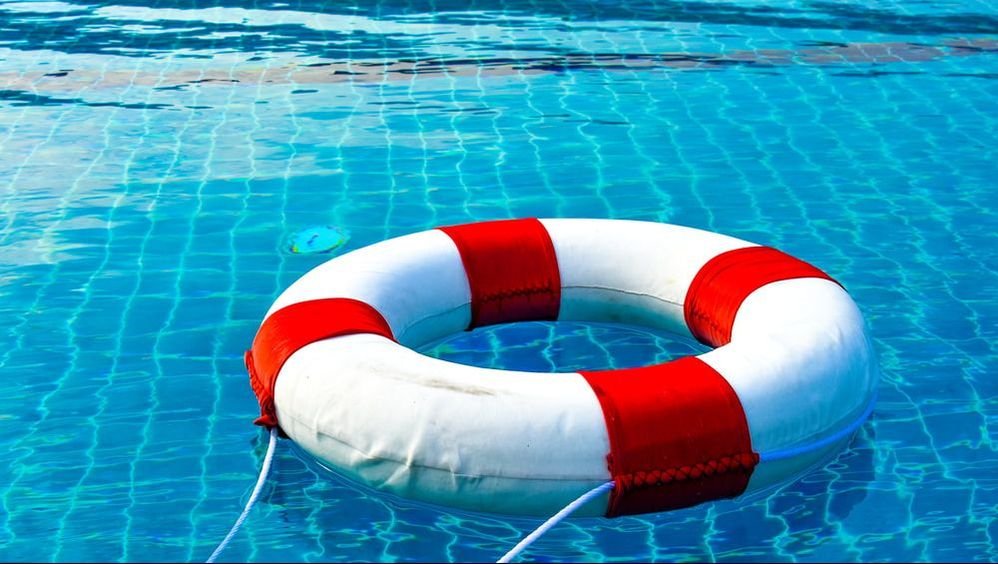Pool maintenance is a very important aspect of keeping the swimming pool safe. If not properly maintained, they can result in very serious infections and also cause health threats to the users. Humana in the surroundings can contaminate pools with organisms that are infectious.
These infections are potentially dangerous and can be serious at some point to cause serious diseases. Pools should be well maintained and checked frequently in order to prevent potential health risks to people that are using it. This can be done by killing harmful viruses and bacteria which cause infection. A pool should be frequently treated in order to remove contaminants such as skin hair or sunscreen that drop during swimming according to this article.
There are also other organisms that grow in water such as algae. Algae should also be controlled because it may cause skin, ear, eyes and nervous system infections and also digestive systems. They are small organisms that usually spread very fast. They form a greenish substance that floats in water. Presence of algae in your pool is an indication that the level of chlorine is not maintained. These microorganisms are usually passed animals and humans to the environment. Pool safety is very important. This article is designed to offer guidelines for home improvement of swimming pools.
Step 1 : the water supply
A pool should only be filled with treated water from domestic supply. This water may, however, contain an unsuitable level of PH that may be unsuitable for swimming pool use. High levels of PH concentration have high minerals that may interfere with your pool by causing stains, corrosion and scale. Regular chemical treatment and testing are important for the pool. Cloudy or dirty water means that the PH concentration is not within the recommended range and hence should be immediately taken care of. It is good to consult with a nearby health officer about the swimming pool water.
The pipes circulating water should be regularly checked to ensure that the water is circulating properly. In order to facilitate the efficiency of chlorine, it is important to know that the proper PH concentration ranges from 7.2 to 7.6.
Step 2: frequent water treatment
For a long period of time, swimming pool water remains in the pool. This is the main reason why pool water should be regularly checked and treated. Water contaminants such as soil, insects, can be removed by filtration. The chemicals being used on the pool should be used and handled with care and according to the guidelines of the manufacturer. Chlorine is the most commonly used disinfectant for home swimming pools. It should be used in standardized amounts according to the supplier’s instructions. A professional officer who knows the volume of the water in the pool can be consulted.
Use of chlorine ensures that that concentration of your pool is maintained. Bacteria can be killed by the use of a reasonable amount of chlorine. Treatment stabilizer can be used to ensure that chlorine poured into the water do not get consumed in large quantities. A pool supplier can be consulted about the number of stabilizers to be used. More chlorine can be used in heated pool water compared to non-heated pool water.
Step3: water filtration
In order to maintain a clean swimming pool, it is important to keep the water circulating. The chemicals that are added to the water in order to clean it will be effective if only the filtration is working efficiently. Filters that are commonly used include cartridge filters and earth filters. The volume of water in the pool should be efficiently filtered by the filters installed. A good system of filtration is the one that filters the water continuously.
Another important thing to note about swimming pool filters is that in order for them to function effectively, they require to be checked regularly to ensure that they are working. Filters should be kept in good condition. Pipes leading the water in the pool should be in proper conditions as well as motors kept in good working conditions. Covering the pool is also a good remedy for filtering out leaves, soil, minimizing mosquito breeding and also plays an important role in preventing loss of water through evaporation.
Step 4: regular testing
A concentration of the swimming pool water should be regularly tested for chlorine and PH. When the pool has been used by many people or experienced heavy rains, it is important to test and understand the quality of the water to avoid disasters from happening. During testing, reliable test kits should be used. Testing is important so as to maintain the normal concentration of the pool. The objectives of testing can also be done by salt chlorinators of the pool. This involves putting a reasonable amount of salt into the pool. This salt produces chlorine while passing through water. However, the operation of salt chlorinator requires professional instructions and guidance as this is most important ever to a number of people.
Step 5: safety of the pool
Swimming pools safety is a very important aspect of ensuring confidence when enjoying swimming. A pool owner should provide open instructions on those using the pool. There should be restrictions on those who do not how to swim unless there is a guide. Children should also be monitored closely. Pool surfaces that are broken should be mended. Swimming pools should be regularly cleaned in order to remove debris that may make the pool slippery. It is also important to ensure that all electrical equipment used around the pool is in a good condition. Open electric circuits can cause serious injuries and even lead to death.
Conclusion
A swimming pool should be well maintained and serviced to avoid contamination. Important guidelines to follow in order to maintain a good swimming pool for your home includes chlorination, filtration, maintenance of a good range of PH concentration, the safety of the pool, proper water supply and regular testing. It is important to hire a privately licensed pool supplier with knowledge of pool chemicals for assistance.

